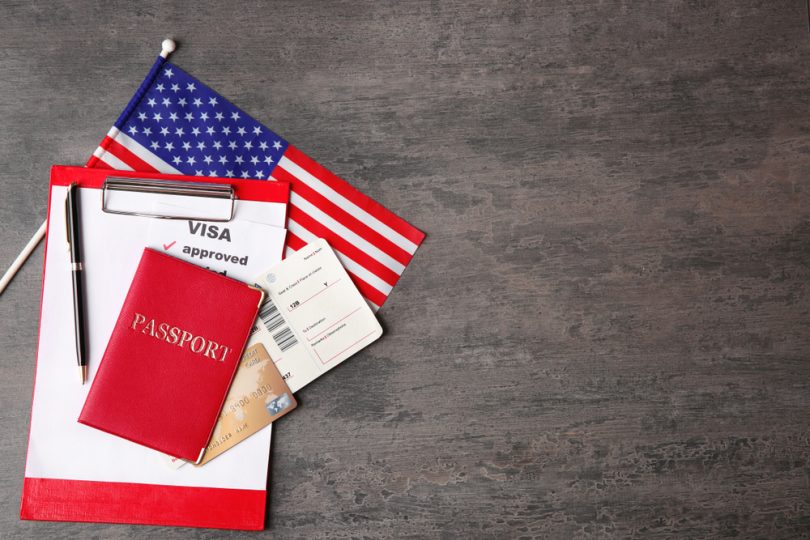Because non-US citizens are not allowed to enter the country without securing an appropriate visa, all foreign nationals are required to apply for it, whatever their purpose in visiting the US may be.
This includes students and professionals who wish to participate in an exchange program.
There are different exchange programs where you can apply for a J1 visa.
If you are unsure which programs suit you or are confused with the documents that need to be submitted, you may seek legal advice from a US Immigration attorney.
You can only apply for a J1 visa once you have been accepted into the program you applied for.
Students who wish to finish high school or want to participate in an academic program for 24 months are eligible to apply for a J1 study visa.
J1 Visa and Available Categories
A J1 visa is a good option for non-immigrants who wish to visit the United States while gaining work and study experience.
There are 14 categories of this visitor visa, but you need to choose one that is appropriate for the program you have applied to.
If you are applying under the Au Pair or EduCare program, you will be living with an American family for a year which can be extended for additional months.
Before you can enter this program, you are required to undergo training programs on handling children so you can work properly for your host family.
Camp counselors are required to have a good knowledge of the English language to interact properly with campers.
In this program, you will be paid for work and receive the same benefits as American camp counselors.
For the government and international visitor category, you must be selected by a local government or a US agency to participate in certain activities. International visitors should demonstrate their special skills in their chosen industry.
Interns may also fulfill their program in the US as long as they are currently enrolled or have graduated from an academic institution outside the US.
However, there are only limited industries where interns can apply for a J1 visa.
Professors, researchers, and short-term scholars need to meet certain criteria to get their applications approved.
Professors and research scholar applicants should not have a tenure position yet or must not be a professor from the last 24 months.
But short-term scholar applicants should be a current professor or scholar that has an appropriate academic background and experience.
These are just the most common categories which J1 visa applicants apply for.
How to Apply for a J1 Visa
Like other non-immigrant visas, applications are filed through the US Embassy.
Forms are filled out online, but the completed form should be printed out and brought to the embassy during the scheduled interview.
The interview schedule may be available once you have completed your requirements, but it can also be delayed to a later schedule because of the influx of visa applicants.
The documents that you need to bring during the interview day include a valid passport, photograph, visa application form, visa confirmation page, receipt of application fee payment, and health insurance coverage.
There are also additional documents required depending on which exchange program you have applied to.
A detailed list of required documents is available at the US Embassy, which you can check so you can prepare the documents ahead of time.
Categories and exchange programs can be changed as long as the original objective will be fulfilled or the new program will remain in the same category.
However, you need to pay a fee of $367 to process the change of program or category.
Home Residency Requirement

When you are under the J1 visa, you need to comply with a certain condition called Two-Year Home Residency Requirement.
Once your program ends and your visa has expired, you are required to return to your home country, especially if the exchange program is government funded, you worked on a program with specialized skills, or your program falls on medical education or training.
Within the two years that you are staying in your home country, you are not allowed to apply for certain types of visas.
However, the home residency requirement can be requested to be waived, but this depends on certain conditions set by the Waiver Review Division.
Conclusion
If you are planning to experience living, studying, and working in the US, the J1 visa is a good option.
Though this is only for the short term, it can still be a good opportunity to study or work with your expertise.







